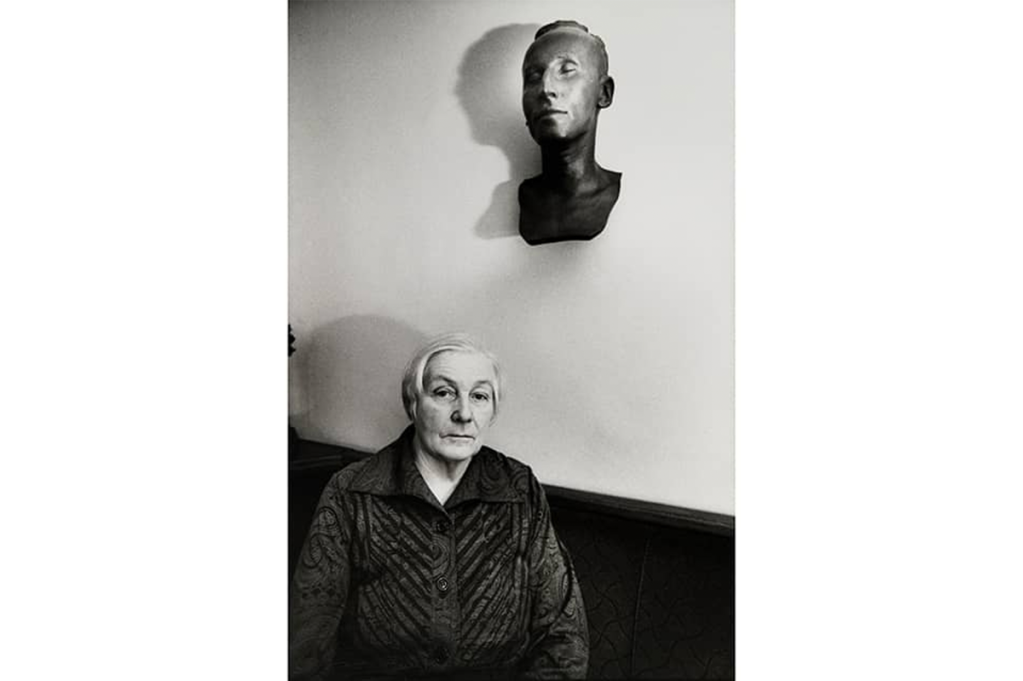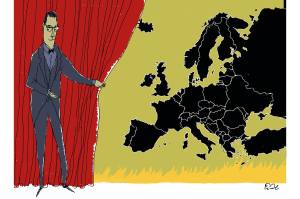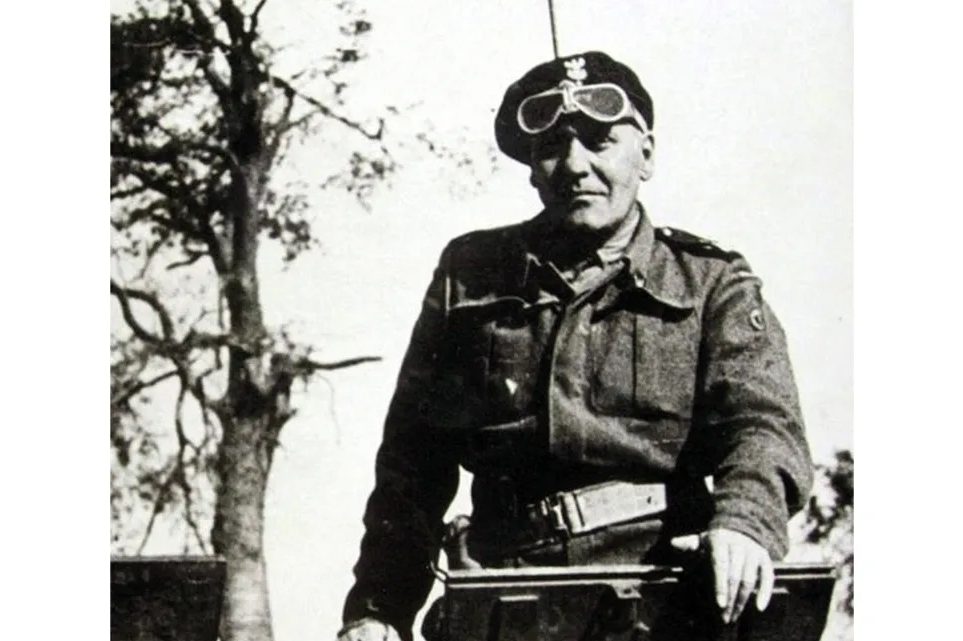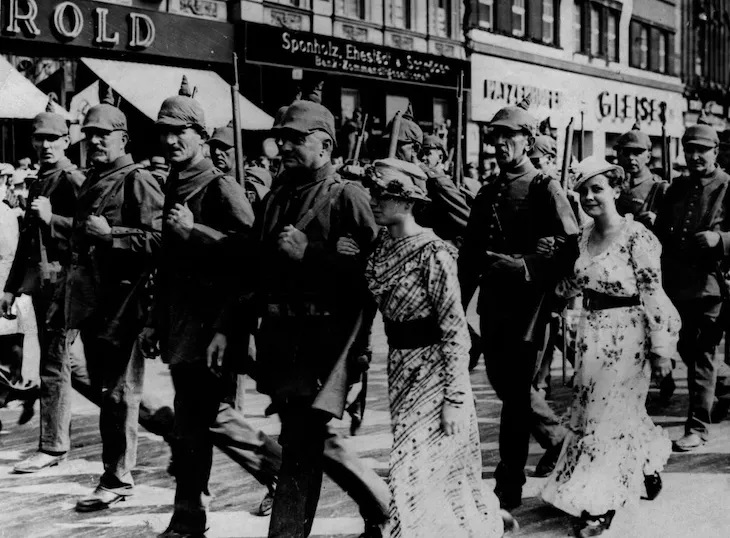There have been many biographies of Reinhard Heydrich, the cold, cynical head of the SS in the Third Reich, but none quite like this one. Nancy Dougherty, an American film critic and biographer, died in 2013 before finishing a very large manuscript. The book was put into shape by Christopher Lehmann-Haupt, an old friend of hers, who died in 2018. It now sees the light of day years after the research and writing was carried out, but it is a fine posthumous monument to both author and editor.
What makes this biography different is not the life of Reinhard but his wife Lina. Dougherty spent three long sessions in the 1970s and 1980s tape recording interviews with Heydrich’s widow on the Baltic island of Fehmarn, where Lina was born, and where she returned after the end of the war. Her voice can be heard throughout the biography, passing judgment on those who see her husband as the evil genius of the terror apparatus of the regime and one of the chief architects of the Holocaust.
Lina and Reinhard met in Hamburg in 1931 and were married after a three-day courtship, which cost Heydrich his career as a German naval officer, since he was supposed to be engaged to another, and jealous, woman. The disciplinary court found him guilty of conduct inappropriate in an officer. Faced with no work at the height of the economic depression, he applied for a post with the SS, then a small security squad in the growing National Socialist party, run by Heinrich Himmler. He got the job of organizing an SS intelligence department (the Sicherheitsdienst, or SD for short) and for the next eleven years, until he died in June 1942 after a clumsy assassination by Czech resisters, he manipulated and schemed his way to become the boss of all Germany’s security forces.
The political story of Heydrich’s rise is well known. He has usually been seen as the embodiment of a particular kind of evil, an amoral security boss, seated behind his desk in Berlin, with no empathy for the victims of his activities and no scruples about authorizing their destruction. He hosted the notorious Wannsee Conference in January 1942, which is popularly taken to be the main stepping stone to the Final Solution, though its origins and purpose are subject to much debate still. He was finally killed after nine months as the temporary Reich Protector of Bohemia and Moravia (Czech areas under German rule), where he initiated a reign of terror to drive the Czechs into line. Had he lived, he would have been arraigned at Nuremberg and hanged as a war criminal.
Although Dougherty tells Heydrich’s life in (over) full detail, the interesting part of the book lies in her interviews with Lina and the use she made of them in the biography. Lina had comments on everyone surrounding Heydrich, including Himmler, whose wife she hated. She claimed never to have interfered with her husband’s work, or really to have understood it. She ran the household and looked after the children: “Lina directs and administers in her Reich,” Reinhard once said. She provides a quite different portrait of the infamous war criminal — that of a family man who loved riding and croquet and was happy to listen to gossip, keeping up a regular correspondence about the most banal subjects with Lina’s mother on Fehmarn. He was, Lina told Dougherty, “only responsible for the security.” He never thought of death for Jews, but only of a “territorial solution.” The talk of atrocities in the camps, to which Heydrich’s organization sent thousands of prisoners, was “all a fairy tale.”
It is impossible to reconcile her image with the reality, though no doubt at the time, and after, it was necessary for her to sustain those beliefs, particularly of a husband lost to assassination. But her comments on Heydrich’s role in the Holocaust and the organization of state terror suggest the same lack of empathy displayed by her husband, the same moral introversion practiced by so many Germans, the same post-war effort to cope with defeat without ever losing the link to an earlier and happier life. Dougherty managed to take Lina on an emotional rollercoaster through the two decades of interviews, but never broke down her resistance. The mass murder of the Jews, Lina insisted in one of the last interviews, was “technically not at all possible.” Though she was apparently open in much of her discussion with her interlocutor, the Heydrich we see here is cleansed of the evil that contemporaries and historians have heaped on him.
This is a historical document in its own right, opening a window on to the intimate life of one of history’s villains, and on Lina’s emotional efforts to salvage recollections of that intimacy by rejecting the judgment of history. The book is filled with photographs of Heydrich’s subordinates and colleagues, all smartly dressed in their uniforms, hair slicked back like Heydrich’s, the model of respectable professional life. Yet they indulged in history’s greatest crime. Reading this beautifully written twin biography gives many clues to the moral blunting that permitted these men to commit crime and still think of themselves as anything but criminals.
This article was originally published in The Spectator’s UK magazine. Subscribe to the World edition here.

























